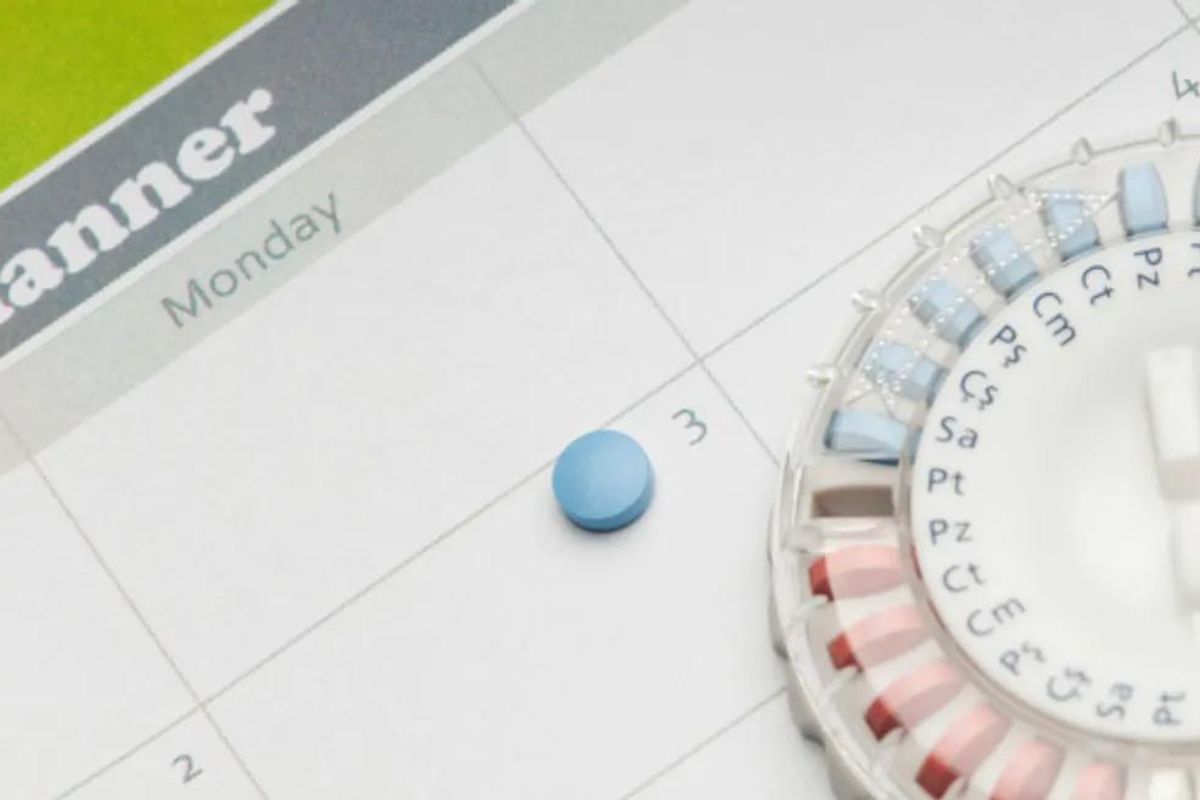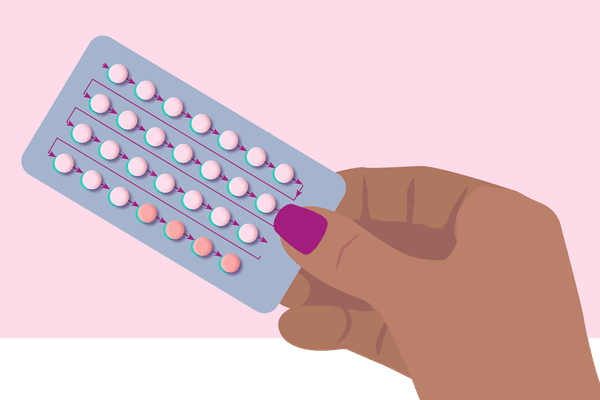Birth control pills—often known as "the pill"—have been touted for their reliability. Experts estimate that they're more than 99 percent effective when taken as directed. But there's a big caveat here: Women need to take their contraceptives consistently and correctly to prevent pregnancy.
Starting a Regimen
You may begin taking your pills at any time during your cycle. When you start a combination pill—meaning one that contains both estrogen and progestin—within five days after the beginning of your menstrual period, you're protected from pregnancy immediately. If you start taking the pill at any other time of the month, you'll need backup contraception for a week, so plan to use a condom, female condom, sponge or diaphragm if you have sex during that first week.
Women who are prescribed progestin-only pills, sometimes called the minipill, can also begin taking them at any time but will need to use additional birth control for two days afterward.
If you want to start taking the pill after pregnancy or while breast-feeding, talk with your health care provider about your options. The progestin-only pill may be used immediately after childbirth and while nursing, but there is a recommended waiting period for combination pills.
Day-to-Day Use
Combination pills most often come in a 21-day or 28-day pack. If you have the latter, the package likely comes with seven reminder pills, sometimes called placebos, which contain no active ingredients and are only meant to help you stay on track. You should have your period while taking these pills. When taking the 21-day form, you will simply not take pills during the last week of your cycle, during which you will have your period.
You've probably heard that birth control pills can allow women to forgo their periods by taking the active pills continuously (without taking the placebo pills in a 28-day pack). This works best with pills that are monophasic, meaning they deliver the same level of hormone during the three weeks of active pills.
You may also choose to take birth control pills specially designed to lengthen the time between periods, sometimes called "continuous dosing" or "extended cycle" pills. These usually have 84 active pills and seven inactive pills in a pack. Bleeding typically occurs four times a year, when you take the inactive pills. Formulations that contain only active pills and eliminate bleeding entirely also are available.
General consensus in the medical community is that if it's OK for you to take hormonal contraceptives, it's OK for you to miss your periods. Your physician may disagree, so it's a good idea to have a discussion with him or her if you want to eliminate some or all of your periods.
Keeping a Schedule
It's best to take your pill at the same time each day to maximize efficacy. This way, your body will get used to receiving a hormonal boost regularly. Additionally, it may help you remember to take the pill, especially if you do so along with a morning routine such as brushing your teeth or putting on your makeup. You may also want to consider setting an alarm on your phone or watch to alert you when it's time to take the pill.
If you miss a day, it increases your chances of becoming pregnant. With the progestin-only pill, it is essential to take it at the same time each day. If you take it more than three hours late, you need to use a backup method of birth control for 48 hours. With combination pills, you should use a backup method of birth control for the remainder of your cycle if you miss a pill.
In addition to condoms, sponges or diaphragms, you can use emergency contraception, also known as the morning after pill, as a backup. You can also use emergency contraception if you have vaginal intercourse before you realize you missed a pill. It can prevent pregnancy if taken up to five days after unprotected intercourse; the sooner you take it, the more effective it is.
If you think you may be pregnant, speak with your health care provider immediately. If you confirm that you are pregnant, stop taking the pill.
- Fast Facts: What You Need to Know About Birth Control - HealthyWomen ›
- Fast Facts: What You Need to Know About Birth Control - HealthyWomen ›
- The Mini Pill for Birth Control: What You Need to Know - HealthyWomen ›
- Hormonal Birth Control - HealthyWomen ›
- Modern Birth Control Methods - HealthyWomen ›
- Questions to Ask a If You Want to Start Oral Contraception - HealthyWomen ›





